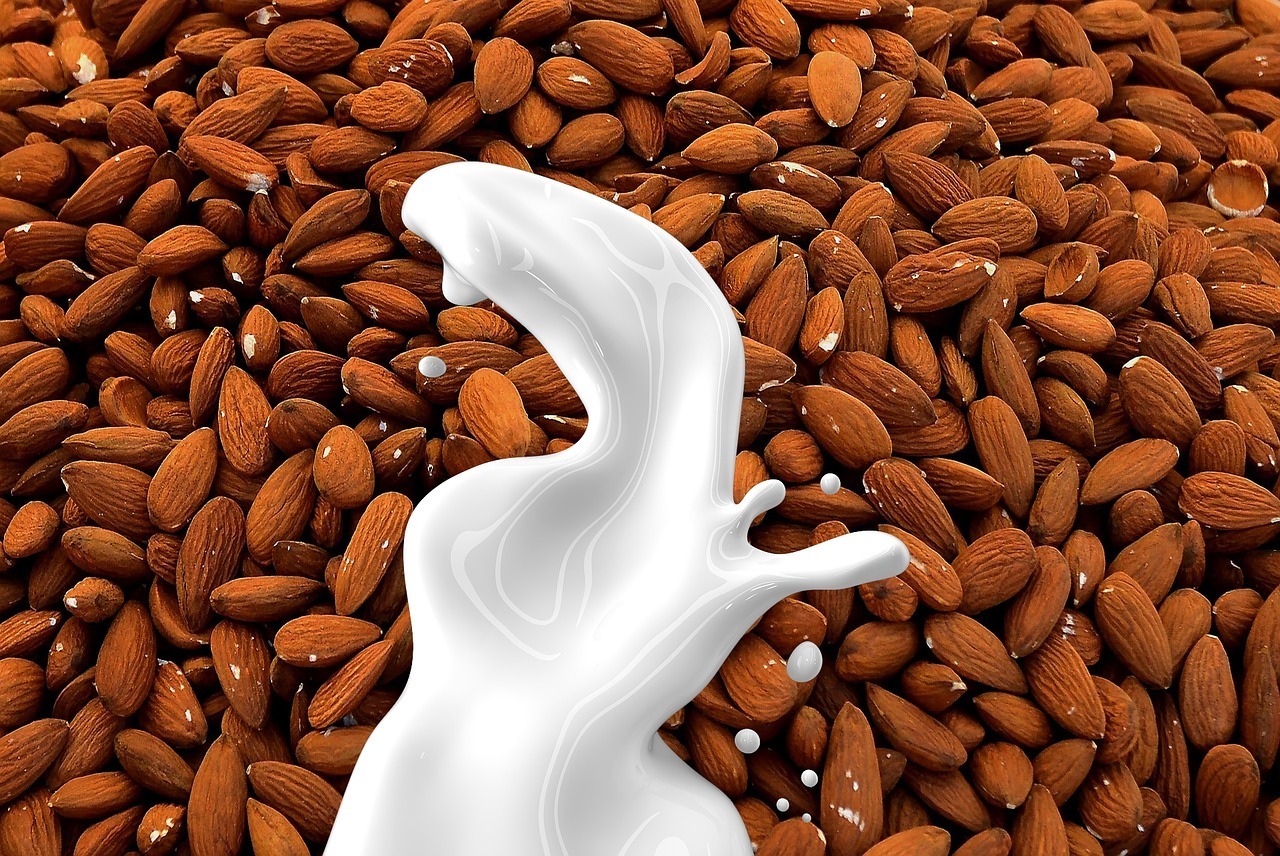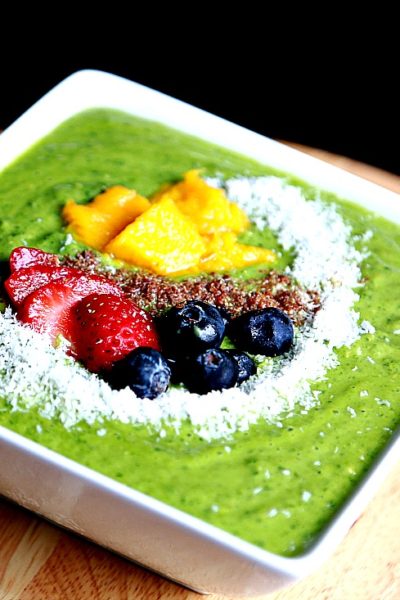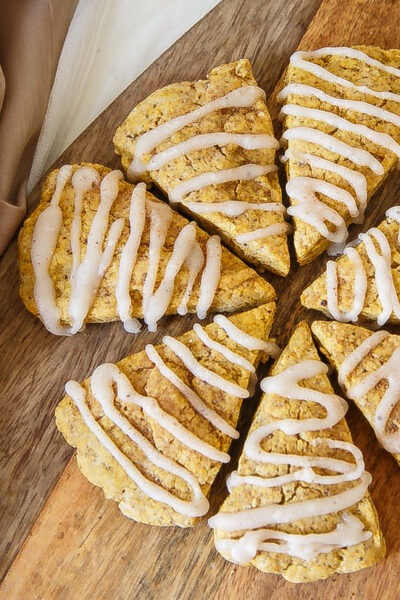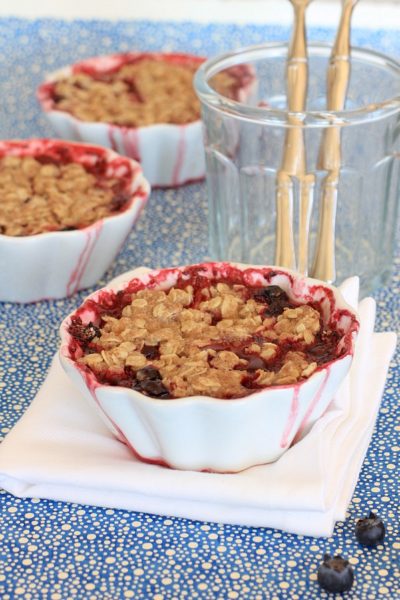It becomes fashionable, and cool to drink soy, and other non-dairy milk options. But are they healthy in comparison to cow’s milk?
Let’s take a look at the nutrition profile for the most known non-dairy options
|
Cow’s milk |
Almond |
Soy |
Rice |
Coconut |
|
|
Calories |
150 |
40 |
131 |
120 |
552 |
|
Protein |
8 |
1 |
8 |
0 |
5 |
|
Fat |
5 |
3 |
4.2 |
2 |
57 |
|
Calcium |
27% |
20% |
6% |
2% |
4% |

Almond milk:
It’s Very Low in calories and high in calcium, but Low in protein. Unfortunately, a lot of processed options has many sweeteners, and other additives, somehow the almonds nutrition profile is not as nearly as almond milk; it loose some vitamins and minerals during the processing.
Soy milk:
Soybeans, soy milk and other derivatives from soy considered staples in any vegan diet. And that’s because it’s a complete protein, and has many health benefits, on the other hand there are many controversies about soy, I will discuss it in the next post. Soy milk is low in calorie, and high in protein, but it’s low in calcium, mostly highly processed, and sweetened.
Rice milk:
It has a watery texture. does not have protein, low in fats, calories and calcium. most of the processed options have brown rice syrup, which is basically sugar , also it may has arsenic which is considered is carcinogen, and not safe to consume.
Coconut milk:
It’s the highest one in fats, and that’s make it high in calories, and low in calcium. It contains medium chain fatty acid like lauric acid, which found to work in the body as antibacterial, but no. of studies supporting this fact is still limited, therefore it’s better to watch out your consumption. Personally, I use the canned coconut milk (Thai), its vegan, gluten free, also doesn’t not have carrageenan. I add it to many dishes sweet and savory, check my recipes with here. Because I think it taste delicious. Now, I’m looking for dry variety, or I may make it my self soon, I love this method because the canned one is not really drinkable. There are some low-fat versions in the market, but I think no use to consume it. The benefits it’s in the fat.
Other sources :
Hemp milk:
A lot of supporters for hemp milk claimed that is very high in vitamins and minerals. However, I didn’t find a reliable source proves these claims.hemps seeds has a balance ration between omega 3 and omega 6, but no proof that this is the case in milk.Therefore, it’s better to consume hemp seeds in your dishes, than drink it’s milk.
Oat milk:
It’s low in calories and fats, but also poor in protein, fiber, and other nutrients. You would better consume oats.
Things you should be aware if you want to choose non-dairy milk options
- Carrageenan: It’s an additive derived from seaweed used as thickening and stabilizing agent in most non-dairy milk options, also in some pudding and ice cream from cow’s milk. It’s not proven that it’s bad, most websites depend on one famous study by Joanne Tobacman, MD, but this was on animal labs, there are no studies on human body. but it may better to stay away from it.
- Sweeteners: most of the non-dairy milk options have sweeteners derived from natural source or artificial ones, and definitely you want to stay away from it.
- Vitamins and Minerals: Most of the non-dairy milk options, doesn not have alot of nutrients, but they are fortified with vitamin D, calcium or other nutrients.
As a nutritionist, I should clarify that the cons of non-dairy milk options are weighs the pros.
But if you want to stick with it, try to make it at home. And always look for unsweetened and unflavored options, less additives.
You should not do the switch, if you really want to get the claimed benefits of these non-dairy milk options. It’s better to consume the whole food like nuts, seeds and oat.
What kind of milk do you drink?





